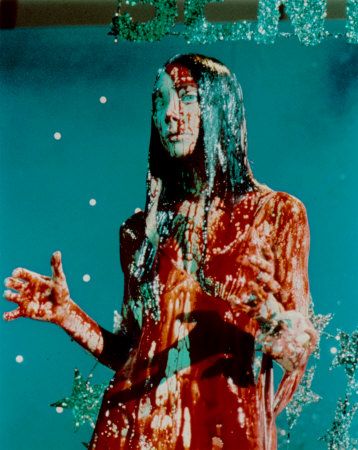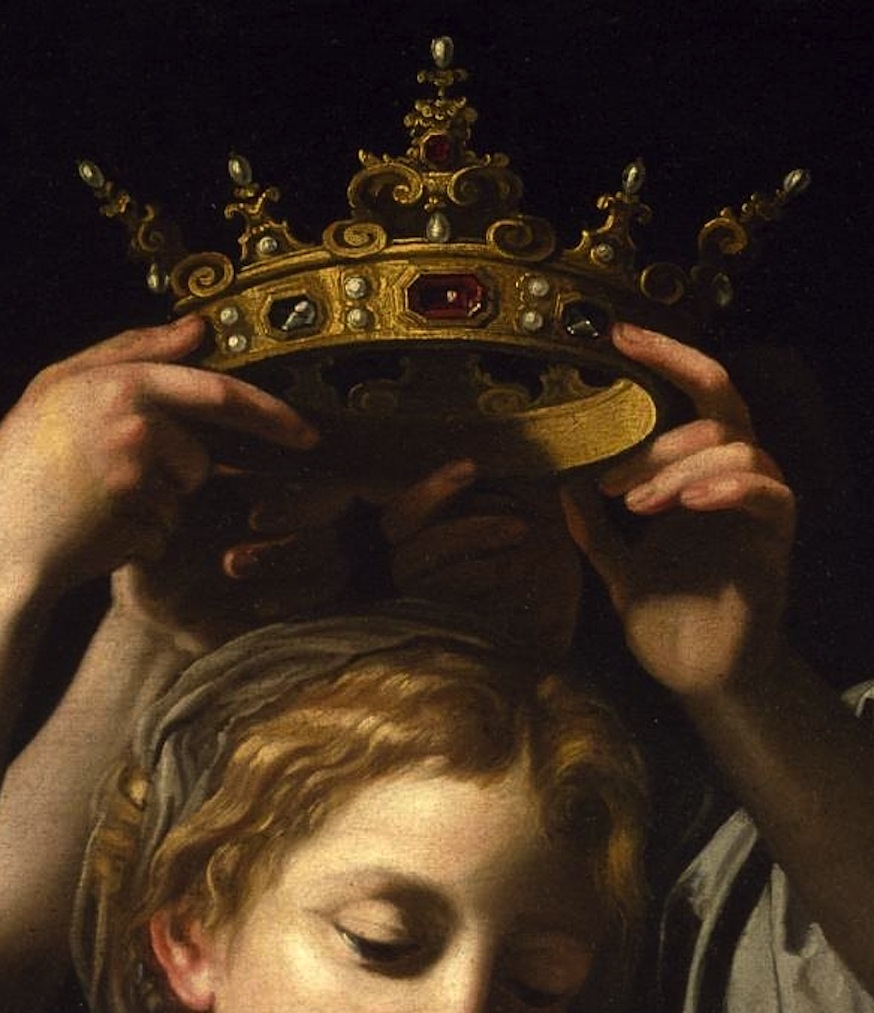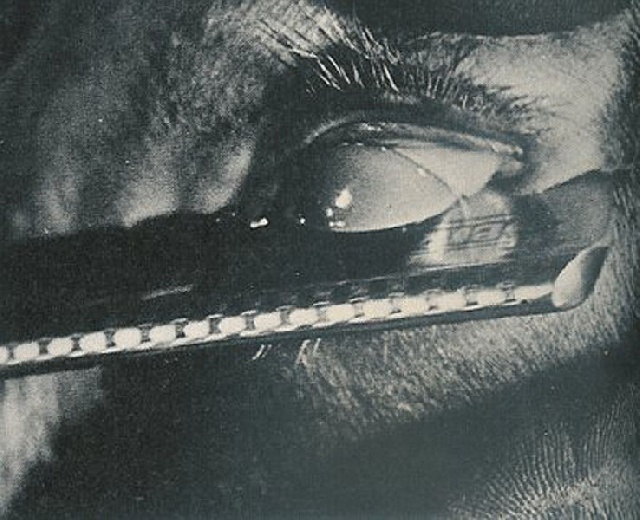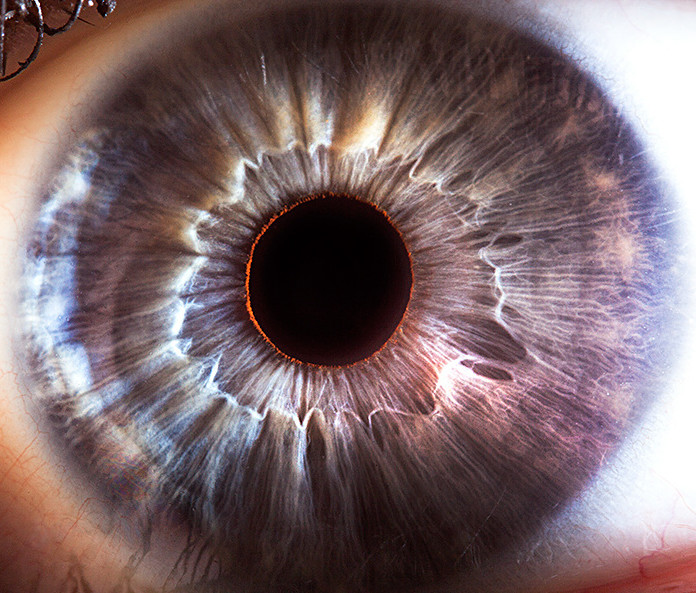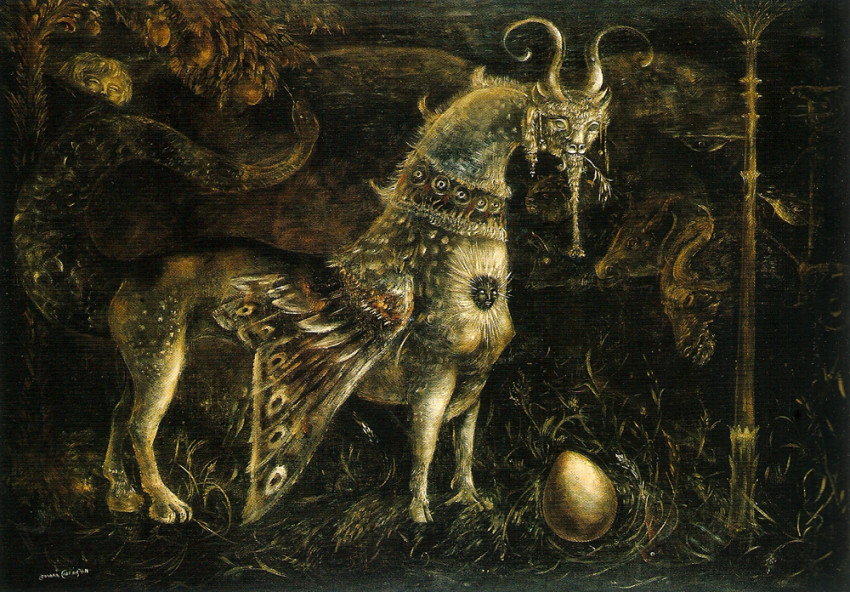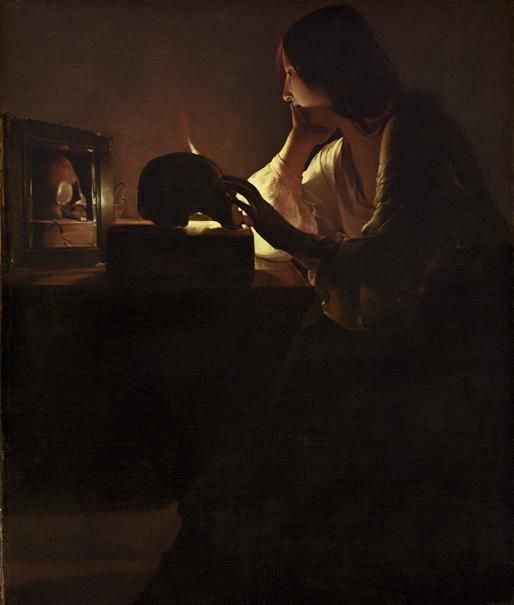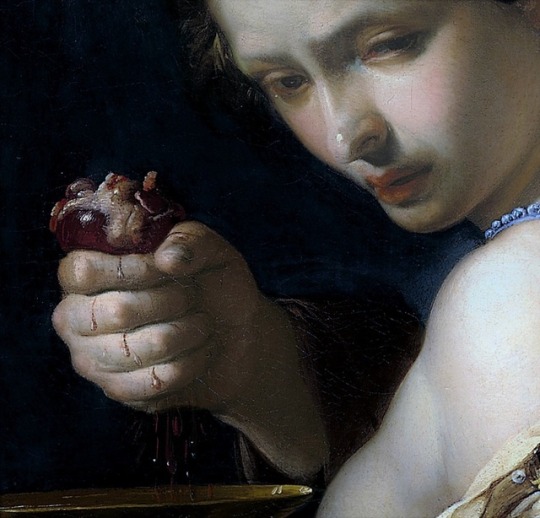 “Kainowska” is not pronounced with a soft ‘w,’ as in an Anglophone double-u, but with a voiced labiodental ‘v,’ as in ‘vertebra,’ ‘violence,’ ‘vision,’ or ‘virtue.’ Kainowska is a Slavic surname, and its ending is patronymic, indicating someone’s daughter or wife. Its profound meaning comes from a dead language.
“Kainowska” is not pronounced with a soft ‘w,’ as in an Anglophone double-u, but with a voiced labiodental ‘v,’ as in ‘vertebra,’ ‘violence,’ ‘vision,’ or ‘virtue.’ Kainowska is a Slavic surname, and its ending is patronymic, indicating someone’s daughter or wife. Its profound meaning comes from a dead language.
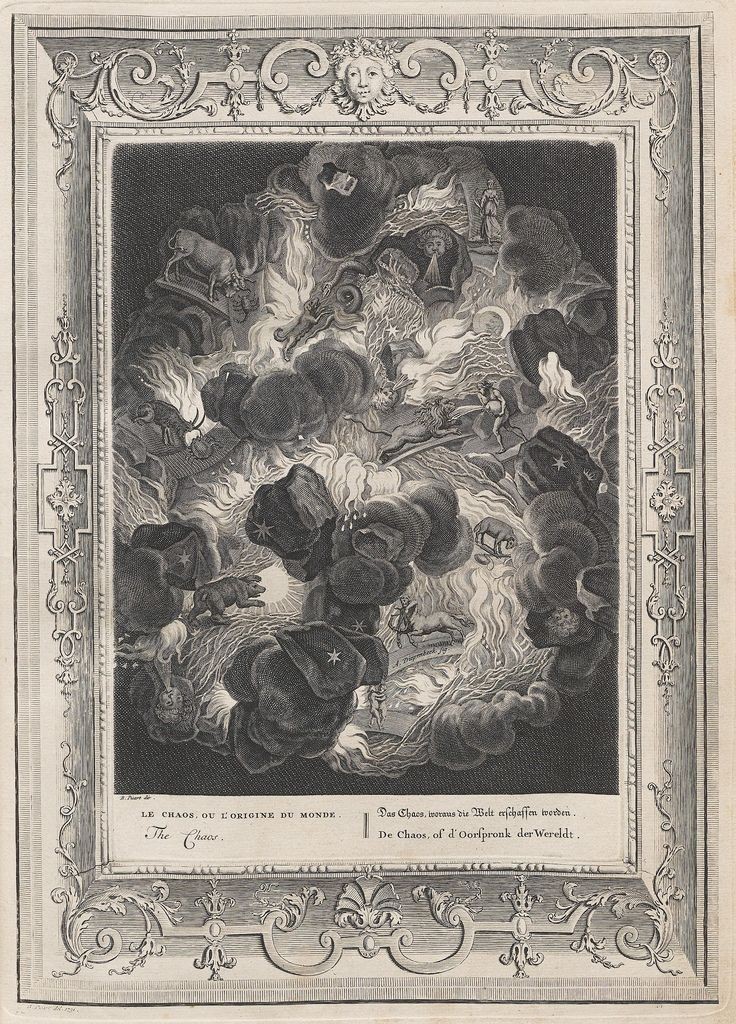 It has been pointed out that the sound of the word also brings to mind the name of Adam’s wicked son. If you’re interested in the history and the deep meaning of our nomenclature, soon there will be an article dedicated to our beloved father Cain, an integral part of our Manifesto.
It has been pointed out that the sound of the word also brings to mind the name of Adam’s wicked son. If you’re interested in the history and the deep meaning of our nomenclature, soon there will be an article dedicated to our beloved father Cain, an integral part of our Manifesto.
Kainowska primarily focuses on the analysis of symbols, intending symbols as visual objects with oblique, mysterious, dense, and virtually inexhaustible meanings, in a nebula-shaped form, intuitive, exceeding, prelogical, endowed with their precise syntax. Symbolic activity is a cognitive activity, that arises from the failure of logic. It articulates a language of divine nature that unites the world, the artist, and the spectator within the object of investigation
SECTORIAL PRACTICES, BINDINGS, AND VISION
Sectorial practices indicate our analytical vocation. Dissecting the body of the symbol, breaking everything into small pieces, seeing how they are arranged on the table, understanding what they mean when placed side by side, and what their puzzle tells us. What we like to do is disassemble inanimate objects to see what is inside and how it is bound together.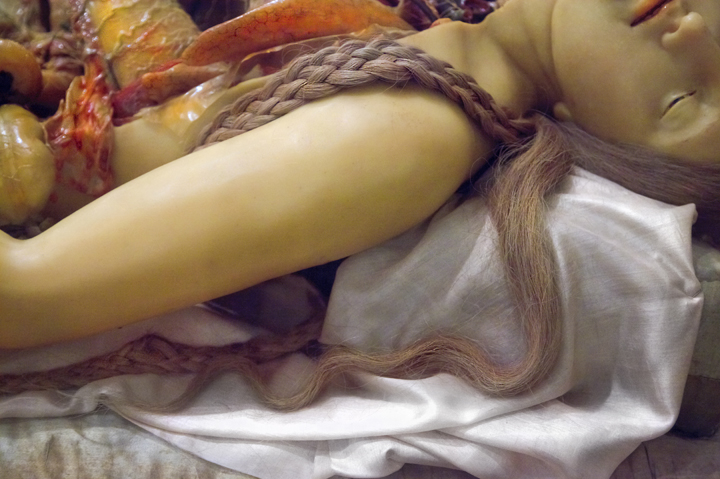
From here comes the bindings. Binding is an ancient and powerful word, linked to the fields of magic, poetry, storytelling, rhetoric, and relationships between human beings. The weaving, the art of interweaving carpets, the magic of knots, are all disciplines of enchantment and narration, practiced to modify the existing. The fabric of life consists of ties that are made and undone, like in human anatomy. Binding means taking, making it one’s own, isolating, but also uniting, bringing together different realities, different distant realms, making connections.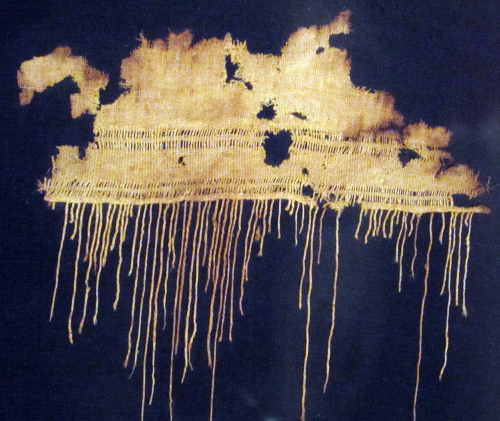 The phrase “sectorial practices, bindings, and visions” could be connected in a ring form, where the end and the beginning are conjoined. Visions are, in fact, both the starting point and the endpoint of the entire process. “Vision” comes from the Indo-European root “vid,” meaning “to perceive.”
The phrase “sectorial practices, bindings, and visions” could be connected in a ring form, where the end and the beginning are conjoined. Visions are, in fact, both the starting point and the endpoint of the entire process. “Vision” comes from the Indo-European root “vid,” meaning “to perceive.”
And then, through the evolution of related languages, the meaning becomes “to know,” “to distinguish,” “to find,” “to keep,” “to appear.” And then again, as a noun, “aspect,” “appearance,” “image,” “figure,” “idea,” “idol,” “story.”
The definition of “vision” in the Italian etymological dictionary is very pleasing to us:
“Sensory function through which the eyes put men and animals in relation with the external world through light; sight or appearance of supernatural things in dreams or moments of great mental abstraction.”
To see well, you need a good vantage point. You have to remain separated from what you look at, to be able to see it and focus. But when we like something, we want to get as close as possible, until it becomes blurred. We get closer until disgust sets in. The pieces of Kainowska are our moves, to get closer.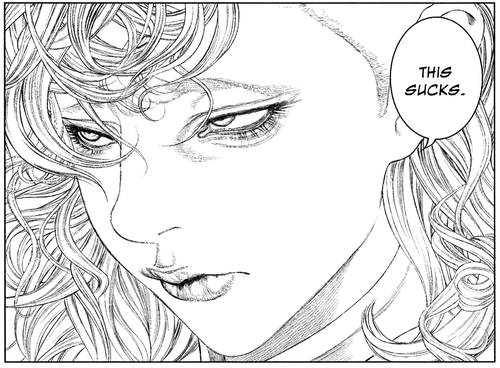
Kainowska is a very small group of people, of different ages and statuses, mixed blood, and Slavic origin. Our cultural base is in Italy, our first language and the first language of our narration is Italian. The editor-in-chief and the research manager were born around the beginning of the 1980s, in the border areas between Poland and Ukraine. We occasionally collaborate with outsiders, but it is very rare. We are mostly scattered because we objectively have terrible tempers and sometimes do not talk to each other for months or even years. Some of us are dead.
To create this English version of our website, we have done several things. We took articles written in Italian from various periods of our lives, cut them into smaller pieces, re-edited, rewrote them, and infused them with elements from our personal stories, deconstructing them. We intertwined them together, using alternate editing, where various chapters of one article entwine with other articles through analogy or counterpoint. The pieces we wrote in the more or less distant past are integrated in this way with pieces we are writing now, or that we wrote in the more recent past, sometimes in the form of handwritten notes made in our private sphere. Our mother tongue, the language in which we think, dream, and write, is Italian. All translations of the English version of the website were made possible through extensive editing with AI. As it is not our preferred language, they can never be perfect. On the other hand, error is an integral part of our poetics.
To conclude our Manifesto, we want to say for whom we write.
We write for the mad, the failed, the losers, those who are lost, for all those who have fallen from any kind of height, for those who will leave no trace behind, for the dead, the undead, the unborn, the weak, the victims, the survivors, for our ancestors, for the hermits, the stylites, the solitaries of every form and vocation, for those who have no will to do anything and don’t know how to do anything, for the queers, the whores, the witches, the amanuenses, the freaks, for those who are in hell, and don’t know how to get out, for those who have been torn apart by the living God, for chimeras, sirens, monsters, for all those who have had to sacrifice their most precious virtue to the Yellow King, for those who are broken and cannot be fixed, for the anarchists, for the destitutes who have nothing, for those who have no home, no friends, no job, no loves, no lovers, no wealth, no family, no talent, nothing at all but their own body, for those whose wounds are incurable, for those who hate themselves and never wanted to be born, for the bewitched, the cursed, the hexed, the damned, for all those who are condemned to wander the earth without finding peace, for those who nobody likes, for the most awful, mediocre, dull and untalented artists, for the categorically unlovable ones, for those with only darkness and chaos inside, for those who, even as slaves, deep down do not serve anyone, for those who hate power, and hate it for real, for those who are hopelessly in love with the world, for those who have elegance amidst the deepest ruin, for all those who, at the end of the day, remember the light and believe in the light.
And we do this because no one will ever be able to bend our pride.
